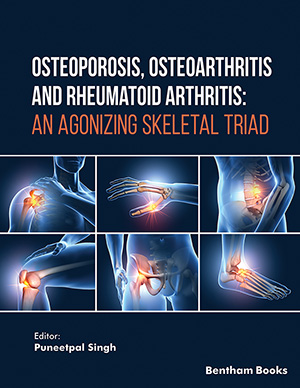
Abstract
Early rheumatoid arthritis (ERA) can be defined as the initial phase of the disease and can be considered as a “window of therapeutic opportunity”. It is essential to evaluate the quality of life in addition to the disability levels of these patients to better understand the evolution of the disease. Several instruments have been proposed to assess the quality of life of RA patients that involve detecting changes in health conditions over time as well as evaluating the prognosis, the risks and the benefits of a particular therapeutic intervention method. Generic instruments, such as the Medical Outcomes Study 36-Item Form Health Survey (SF-36), have been developed to reflect the impact of a disease in a wide variety of populations by evaluating the function, levels of disability and the degrees of physical and mental discomfort. Instruments designed for arthritis, such as the Stanford Health Assessment Questionnaire (HAQ), are used to obtain more specific information concerning the impact of this disease on the global evaluation of patients. Because there are few studies regarding instruments for assessing the quality of life in early RA, very little is known about the effect of generic instruments, such as the SF-36, on patients with ERA.
Keywords: Early rheumatoid arthritis, quality of life, instruments, HAQ, SF-36









